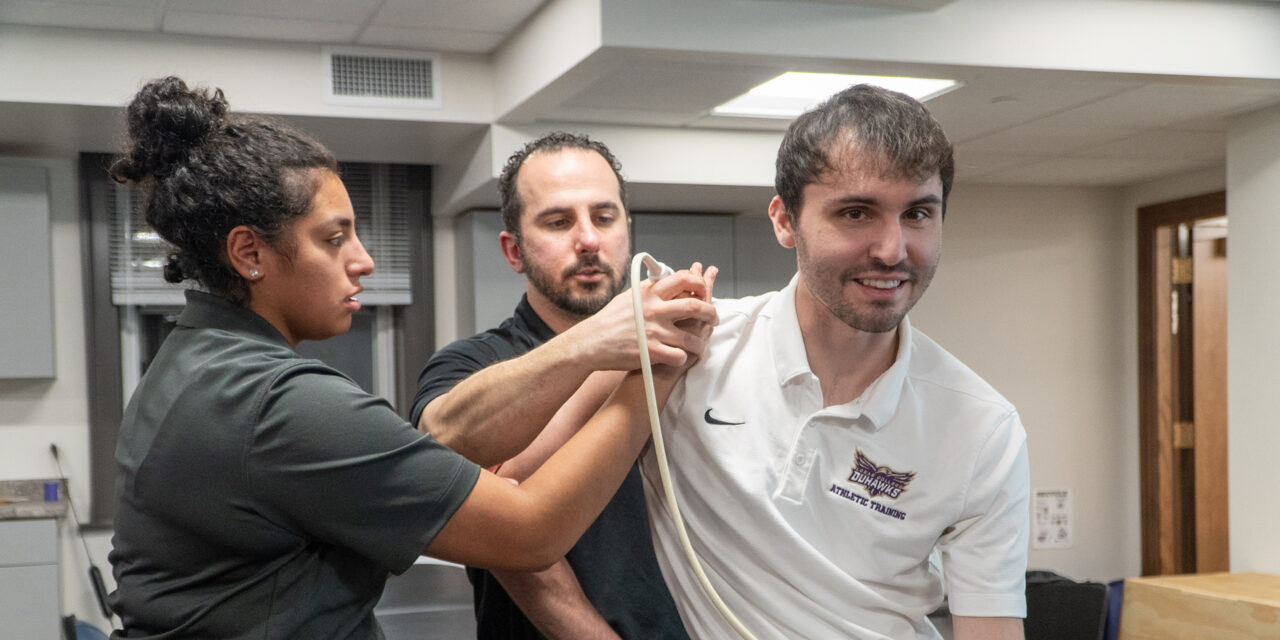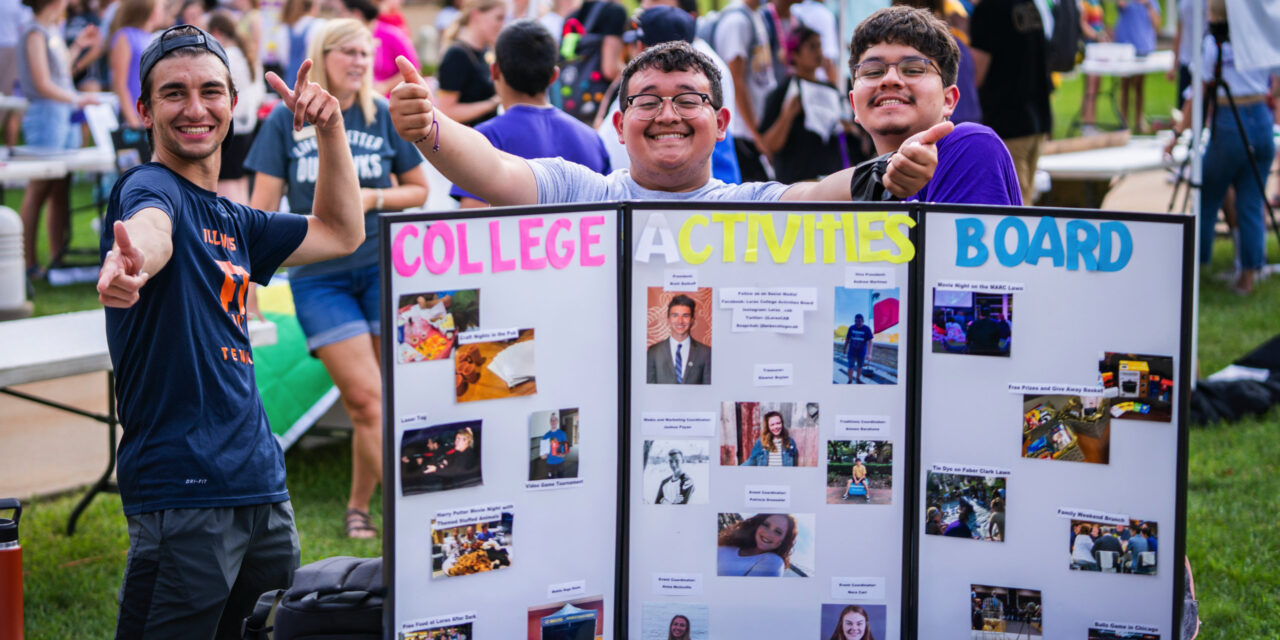Prioritize compassionate, holistic care for patients and families. You will learn to advocate for the rights of the poor and vulnerable, communicating principles of a more just and equitable healthcare system. Approach your health vocation as lifelong learners committed to the values of Catholic social teaching.
Experience human-centered coursework and develop skills in understanding, synthesizing, and communicating issues central to the human condition. We believe this minor is essential for future healthcare professionals.
Explore Loras Minors
Our interdisciplinary minors are designed to offer you a unique opportunity to study beyond your chosen major and gain a broader and more comprehensive understanding of complex societal issues and topics.
You will explore both the concepts involved in effective writing and the practice of those concepts in community and workplace settings while deepening and enriching your knowledge base with electives.
Highlighted Courses

Related Majors
Clubs & Orgs
We have a variety of opportunities for you to get involved from the moment you set foot on campus.
Alliance
Athletic Training Club
Du-Buddies
DuDawgs
DuHealth
Guild of St. Genesius
The Hidden Opponent
Integrated Communication Club
Interfaith Leaders
Loras Health and Fitness Club
Loras Mental Health Club
Loras College Psi Chi
Social Work Council


graduate degree Opportunities
Loras offers a variety of associated graduate and accelerated dual degree programs.

